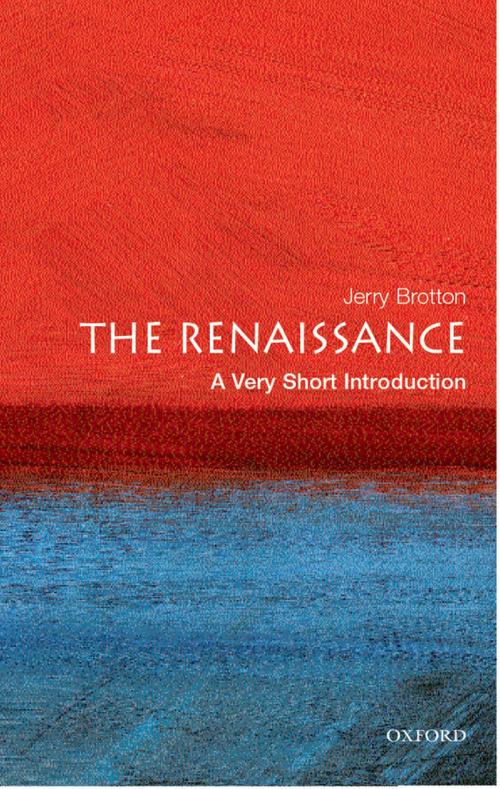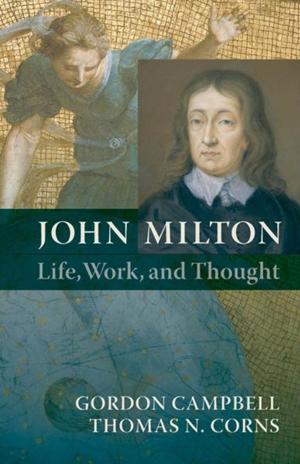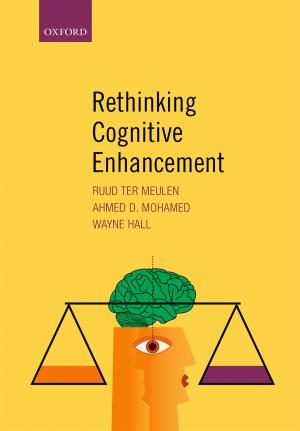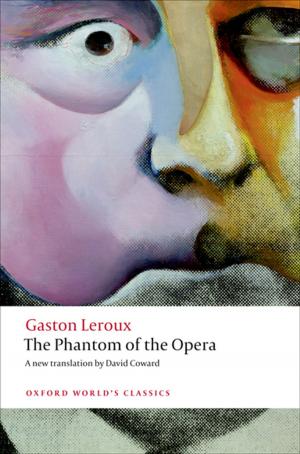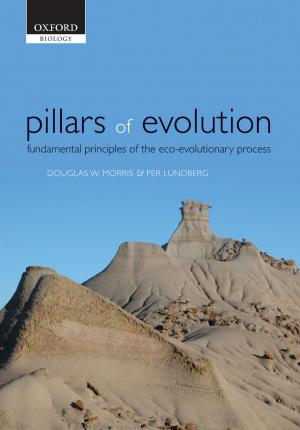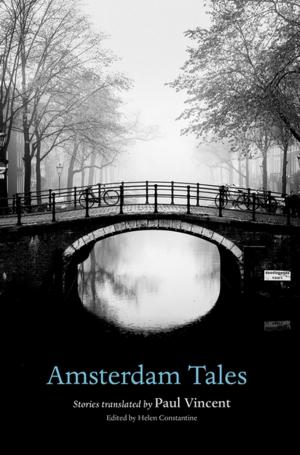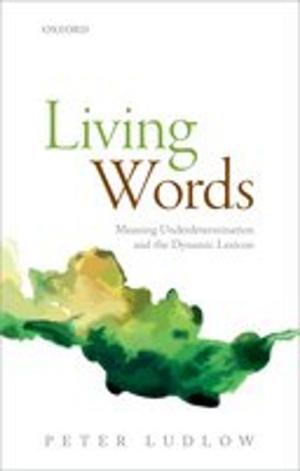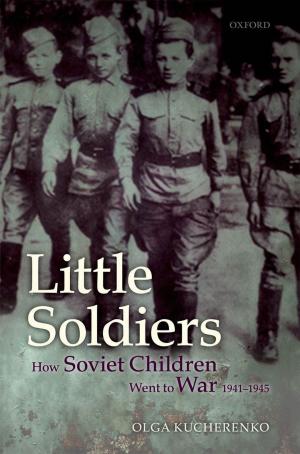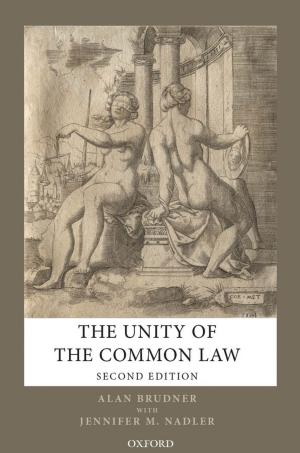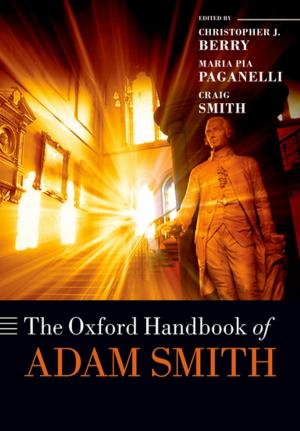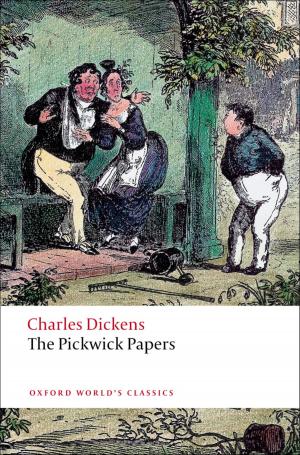The Renaissance: A Very Short Introduction
Nonfiction, History, Renaissance, Art & Architecture, General Art, Social & Cultural Studies, Social Science| Author: | Jerry Brotton | ISBN: | 9780191577550 |
| Publisher: | OUP Oxford | Publication: | April 27, 2006 |
| Imprint: | OUP Oxford | Language: | English |
| Author: | Jerry Brotton |
| ISBN: | 9780191577550 |
| Publisher: | OUP Oxford |
| Publication: | April 27, 2006 |
| Imprint: | OUP Oxford |
| Language: | English |
More than ever before, the Renaissance stands as one of the defining moments in world history. Between 1400 and 1600, European perceptions of society, culture, politics and even humanity itself emerged in ways that continue to affect not only Europe but the entire world. This wide-ranging exploration of the Renaissance sees the period as a time of unprecedented intellectual excitement and cultural experimentation and interaction on a global scale, alongside a darker side of religion, intolerance, slavery, and massive inequality of wealth and status. It guides the reader through the key issues that defined the period, from its art, architecture, and literature, to advancements in the fields of science, trade, and travel. In its incisive account of the complexities of the political and religious upheavals of the period, the book argues that Europe's reciprocal relationship with its eastern neighbours offers us a timely perspective on the Renaissance that still has much to teach us today. ABOUT THE SERIES: The Very Short Introductions series from Oxford University Press contains hundreds of titles in almost every subject area. These pocket-sized books are the perfect way to get ahead in a new subject quickly. Our expert authors combine facts, analysis, perspective, new ideas, and enthusiasm to make interesting and challenging topics highly readable.
More than ever before, the Renaissance stands as one of the defining moments in world history. Between 1400 and 1600, European perceptions of society, culture, politics and even humanity itself emerged in ways that continue to affect not only Europe but the entire world. This wide-ranging exploration of the Renaissance sees the period as a time of unprecedented intellectual excitement and cultural experimentation and interaction on a global scale, alongside a darker side of religion, intolerance, slavery, and massive inequality of wealth and status. It guides the reader through the key issues that defined the period, from its art, architecture, and literature, to advancements in the fields of science, trade, and travel. In its incisive account of the complexities of the political and religious upheavals of the period, the book argues that Europe's reciprocal relationship with its eastern neighbours offers us a timely perspective on the Renaissance that still has much to teach us today. ABOUT THE SERIES: The Very Short Introductions series from Oxford University Press contains hundreds of titles in almost every subject area. These pocket-sized books are the perfect way to get ahead in a new subject quickly. Our expert authors combine facts, analysis, perspective, new ideas, and enthusiasm to make interesting and challenging topics highly readable.
